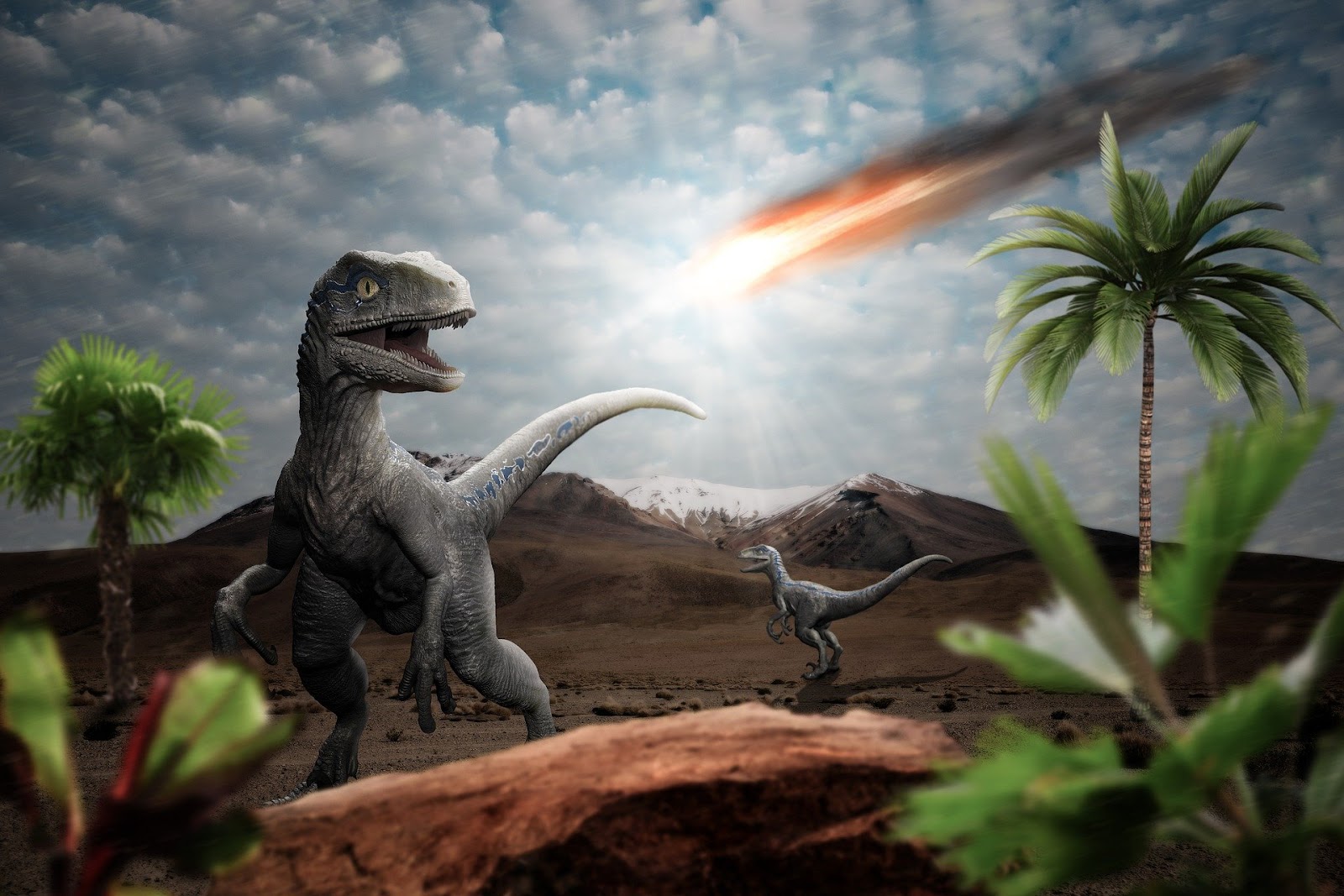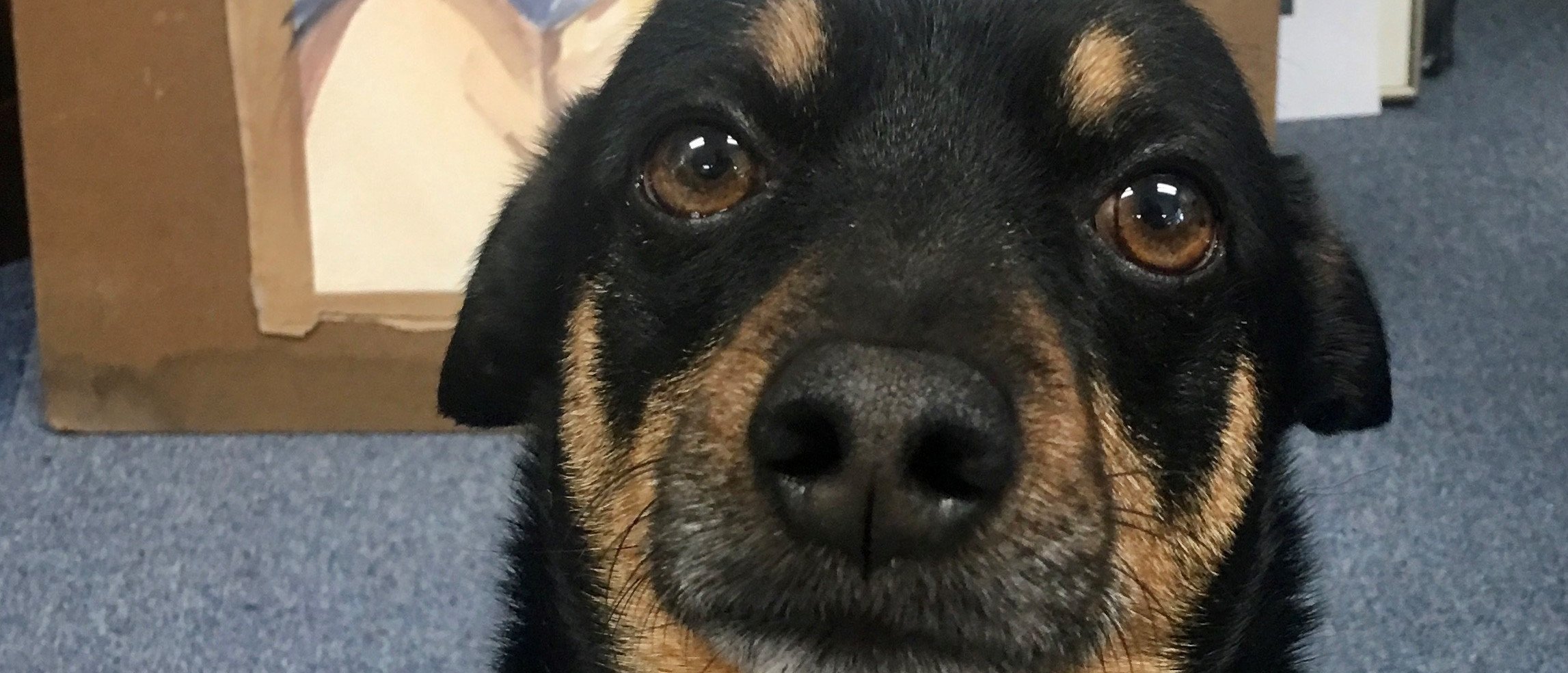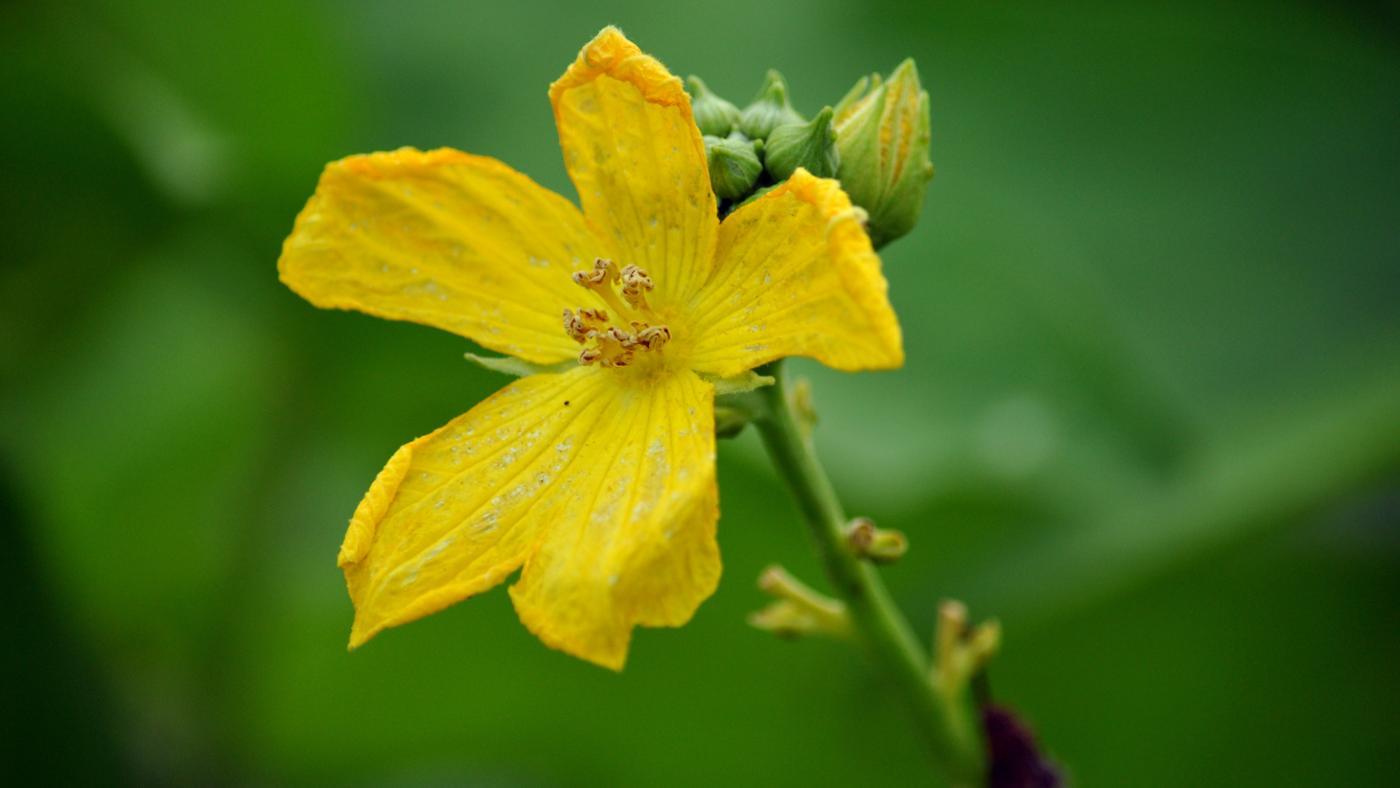in the context of populations, how do we define evolution?
In The Context Of Populations, How Do We Define Evolution??
In the context of populations, how do we define evolution? Evolution is a change in a population’s allele frequencies over generations.
How is evolution defined at the population level?
In population genetics, the term evolution is defined as a change in the frequency of an allele in a population. Frequencies range from 0, present in no individuals, to 1, present in all individuals. The gene pool is the sum of all the alleles at all genes in a population.
What is evolution of population?
The evolution of populations is defined as the changes populations undergo when organisms change over time as predicted by Darwin’s Theory of Evolution.
What defines a population in evolution quizlet?
What defines a population in evolution? Interbreeding members of the same species. Which of the following best defines microevolution? Changes in genes within a population over time.
How can you tell if a population is evolving?
The Hardy-Weinberg Principle: A Magic NumberToday, we call it the Hardy-Weinberg principle, and it measures the genetic makeup of a population at a single point in time. If you compare the genetic makeup over time or to certain expected numbers, then boom: you can literally see if your population is evolving.
See also why can't we see in the darkHow will you define evolution?
In biology, evolution is the change in the characteristics of a species over several generations and relies on the process of natural selection. … Evolution relies on there being genetic variation? in a population which affects the physical characteristics (phenotype) of an organism.
What are the two ways to define evolution?
c(1) : a process of continuous change from a lower, simpler, or worse to a higher, more complex, or better state : growth. (2) : a process of gradual and relatively peaceful social, political, and economic advance. d : something evolved. 3 : the process of working out or developing.
How is evolution defined in genetic terms?
In general terms, biological evolution is the process of change by which new species develop from preexisting species over time; in genetic terms, evolution can be defined as any change in the frequency of alleles in populations of organisms from generation to generation.
Does evolution occur in individuals or populations explain?
Populations evolve, not individuals. … Individual organisms do not evolve, they retain the same genes throughout their life. When a population is evolving, the ratio of different genetic types is changing — each individual organism within a population does not change.
Which phrase best defines evolution?
Which phrase best defines evolution by natural selection? A process of change in a species over time.
What defines a population in evolution group of answer choices?
evolution. One definition of _____ is “changes in traits from generation to generation.” population. A biological species is often defined as a population or group of populations whose members can interbreed and produce fertile offspring.
Which of the following best defines evolution in terms of genetics?
Evolution is defined as the change in the inherited traits of a population of organisms through successive generations. … When particular genetic sequences change in a population (e.g., via mutation) and these changes are inherited across successive generations, this is the stuff of evolution.
Which of the following best describes the theory of evolution?
The theory of evolution states that all life is related and that organisms have become more complex over time. … Which best describes evolutionary theory? It is based on the idea that all life is related. It states that organisms have become less complex over time.
Why do populations evolve?
Populations evolve. Because individuals in a population vary, some in the population are better able to survive and reproduce given a particular set of environmental conditions. These individuals generally survive and produce more offspring, thus passing their advantageous traits on to the next generation.
How does population size affect evolution?
Consider population size. On the one hand, adaptive evolution may be more rapid in large populations. First, larger populations produce more mutant individuals per generation, which helps explore more genotypes and find optimal genotypes faster than smaller populations.
What are the factors affecting the changes in evolution?
Evolution is a consequence of the interaction of four factors: (1) the potential for a species to increase in number, (2) the genetic variation of individuals in a species due to mutation and sexual reproduction, (3) competition for an environment’s limited supply of the resources that individuals need in order to …
What is ment evolution?
uncountable noun. Evolution is a process of gradual change that takes place over many generations, during which species of animals, plants, or insects slowly change some of their physical characteristics.
What is evolution in own words?
Evolution is defined as the process of growth and development or the theory that organisms have grown and developed from past organisms. An example of evolution is how cell phones have changed over time.
What is evolution in simple words?
Evolution is a biological process. It is how living things change over time and how new species develop. The theory of evolution explains how evolution works, and how living and extinct things have come to be the way they are. … Evolution has been happening since life started on Earth and is happening now.
What is evolution explain with example?
Evolution in organisms occurs through changes in heritable traits—the inherited characteristics of an organism. In humans, for example, eye colour is an inherited characteristic and an individual might inherit the “brown-eye trait” from one of their parents. See also How Do Metamorphic Rocks Form?What is evolution and examples?
Evolution is the biological change of a species over a span of time. The process of evolution keeps a species alive and thriving, and allows organisms to successfully pass down their genes. Keep reading for examples of how different species evolve to best survive their surroundings. ostrich running evolution example.
How did evolution begin?
In the early 19th century Jean-Baptiste Lamarck (1744–1829) proposed his theory of the transmutation of species, the first fully formed theory of evolution. … Unlike Lamarck, Darwin proposed common descent and a branching tree of life, meaning that two very different species could share a common ancestor.Why does evolution occur in populations quizlet?
What is meant by the statement: individuals do not evolve; populations evolve? Because individuals in a population vary, some in the population are better able to survive and reproduce given a particular set of environmental conditions.
How are genetics and evolution?
Genetic variations that alter gene activity or protein function can introduce different traits in an organism. If a trait is advantageous and helps the individual survive and reproduce, the genetic variation is more likely to be passed to the next generation (a process known as natural selection).
How does evolution occur quizlet?
Evolution occurs when the allele frequencies in a population changes. … Evolution is a process; natural selection is a tool by which it works.
Can evolution occur in generations?
Individual organisms can evolve during a single lifespan. Evolution only occurs slowly and gradually. Because evolution is slow, humans cannot influence it.
How do populations evolve by natural selection?
Natural selection is the process through which populations of living organisms adapt and change. … Over time, these advantageous traits become more common in the population. Through this process of natural selection, favorable traits are transmitted through generations. See also what is 20 of 2000 dollarsWhy is it that a population is the unit of evolution rather than the individual?
Populations, rather than individuals, are the units of evolution because evolution is a change in allele frequencies over time. An individual’s alleles do not change, but the allele frequencies in a population may change from one generation to the next. … It is how all new alleles first arise.
Which statement is best supported by the theory of evolution?
Which statement is best supported by the theory of evolution? Populations that have advantageous characteristics will increase in number.
Which phrase best defines Darwin’s theory of evolution by natural selection?
The best description of the theory of natural selection is that some individuals have genes that increase their chances of survival and reproduction. These individuals are more likely to reproduce and pass on their genes, causing their genes to become more common in the next generation.





